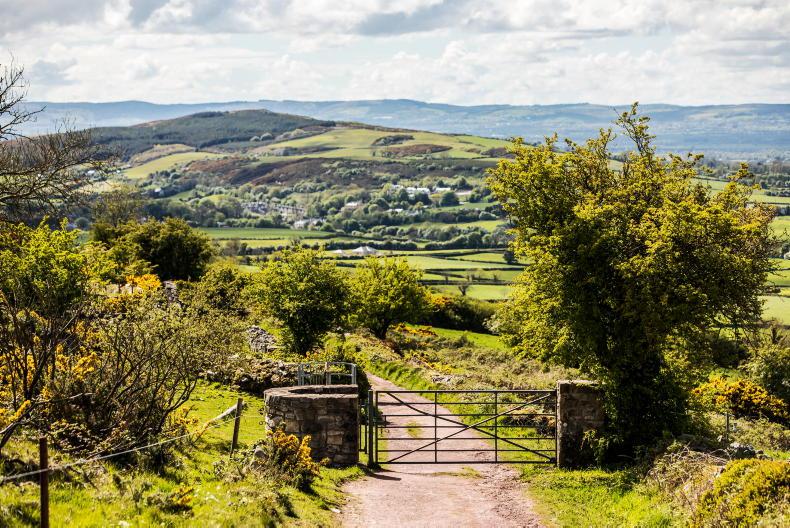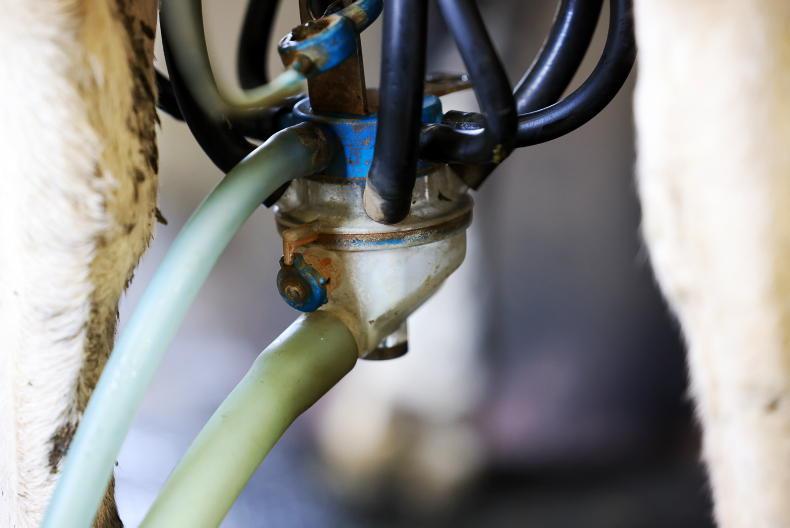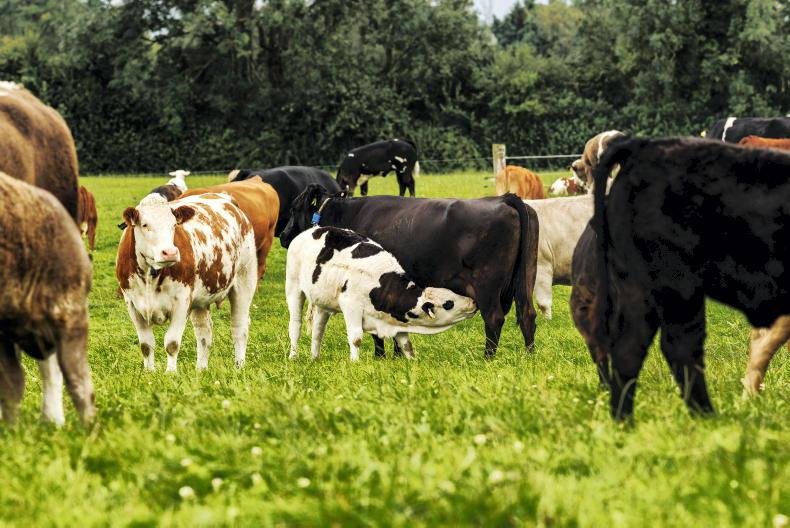With a general election campaign now a November inevitability (although the polling date may still spill into December), we examine the issues that will dominate the debate around farming and food production.
“It’s the economy, stupid”, was famously Bill Clinton’s slogan back in the 1992 US presidential election.
The glorious year of 2022 already seems a long time ago, and farmers are languishing behind the rest of society in terms of income.
The reason is simple, they are producing in a high-cost first world economy and receiving global prices.
Farmers will want to hear the plan each political party has to reduce the cost of running a small business in the Irish economy, and will want to know what supports will be available for each farming sector to help bridge the income gap to the average industrial wage.
While this has been a second successive challenging year for dairy farming, the fundamentals of milk production seem sound.
Drystock production remains the problem child, with sheep and cattle farmer incomes hovering at half the new minimum wage.
Even allowing for the part-time nature of many drystock farms, this is not a tenable situation in the long term.
The next Government will negotiate the next CAP on behalf of Irish farmers, who have a pretty long wish list for it.
For starters, there is the need to protect the overall CAP budget, always a challenge when so many other needs exist.
Of course, inflation means the real value of the CAP budget has fallen alarmingly over the last 30 years, so there is a push to increase the CAP budget.
The main argument is that food security is now a real issue for Europe, particularly since Russia invaded Ukraine.
And producing a large volume of food sustainably from an environmental viewpoint needs resources.
There is now also broad agreement among Irish political parties that the scale of the environmental challenge facing land use and food production requires a budget separate to CAP.
While much lip service was paid to this idea during the European elections, farmers will want to know which political parties are willing to put their hands in Irish taxpayers’ pockets to deliver a budget for this new agri-environmental fund.
The nitrates derogation and the intertwined rewetting, nature restoration and land designations are the burning issues for farmers when it comes to the environment and food production.
One or other is on every farmers’ mind. Which one depends on where you live, what you produce, and what your land type is.
Dairy and intensive beef farmers will want assurances that the derogation will not fall below 220kg/ha in 2026.
Farmers on peat soils will want to farm without undue restriction, and will want guarantees that rewetting won’t be imposed on them, directly on their own land or indirectly from re-wet neighbouring State-owned land.
That other CAP, the Climate Action Plan, is now as influential on Irish farming as the Common Agricultural Policy.
As we pass the halfway point between the base year of 2018 and the target year of 2030, it seems unlikely that we can reach the 51% target reduction in carbon emissions proscribed in law.
In fact, agriculture is more likely to go close to its sectoral target than most other sectors.
However, the Land Use, Land Use Change and Forestry (LULUCF) target has still not been set.
This will inevitably impact on farming whenever the nettle is grasped.
A review of the Climate Action Plan is built in, so it’s possible for targets to be increased if that is deemed necessary to hit the overall reduction.
Expect to see all parties and candidates quizzed by farmers on where they stand regarding these issues.
Irish farmers are getting older, with the average age now close to 60, an age when many professions retire.
Irish farming urgently needs more pathways for young people into farming, to ensure we get an infusion of fresh blood.
This is exacerbated by the fact that many farmers have no identified successor, and may need to establish a working partnership with someone outside the traditional family circle.
Expect questions around tax incentives for young people coming into farming, low-interest loans to help establish new operators and new operations. There is an expectation that a farm retirement scheme of some sort will be created by the next Government, to help farmers with little pension provision to step away from active farming.
Unless there is a concerted effort to encourage “outsiders” to become farmers in their own right, people will have no-one to hand over to.
There will always be demand for land from other existing farmers, but a rapid consolidation of farmer numbers is not the future envisaged by any of the farm organisations or any of the political parties, so this will be a major issue during the election campaign.
TB levels are escalating alarmingly, and farmers and the Department are at loggerheads over the primary cause.
The Department points out that a big increase in cow numbers over the last decade, coupled with a sharp increase in the average herd size, means that the volume of TB cases was bound to increase.
Farmers say that wildlife is the primary problem, and want a renewed effort to minimise infection from badgers and deer, through population control and vaccination.
Politicians are going to be confronted by farmers whose herds have been decimated, demanding that they choose sides on this issue.










SHARING OPTIONS